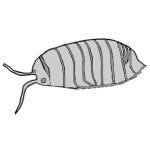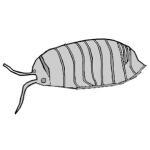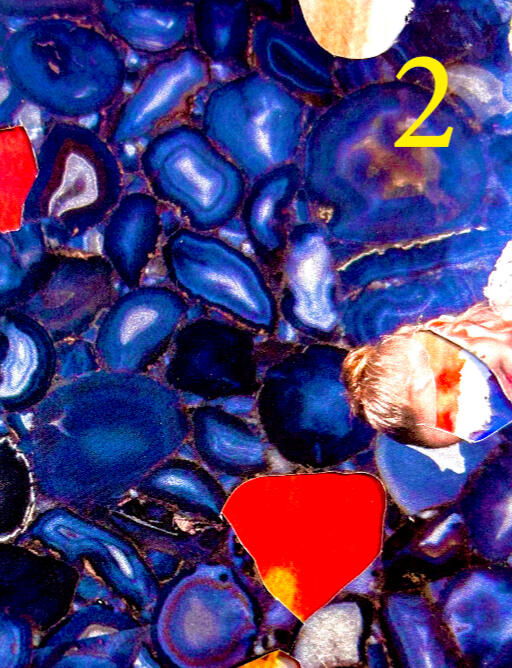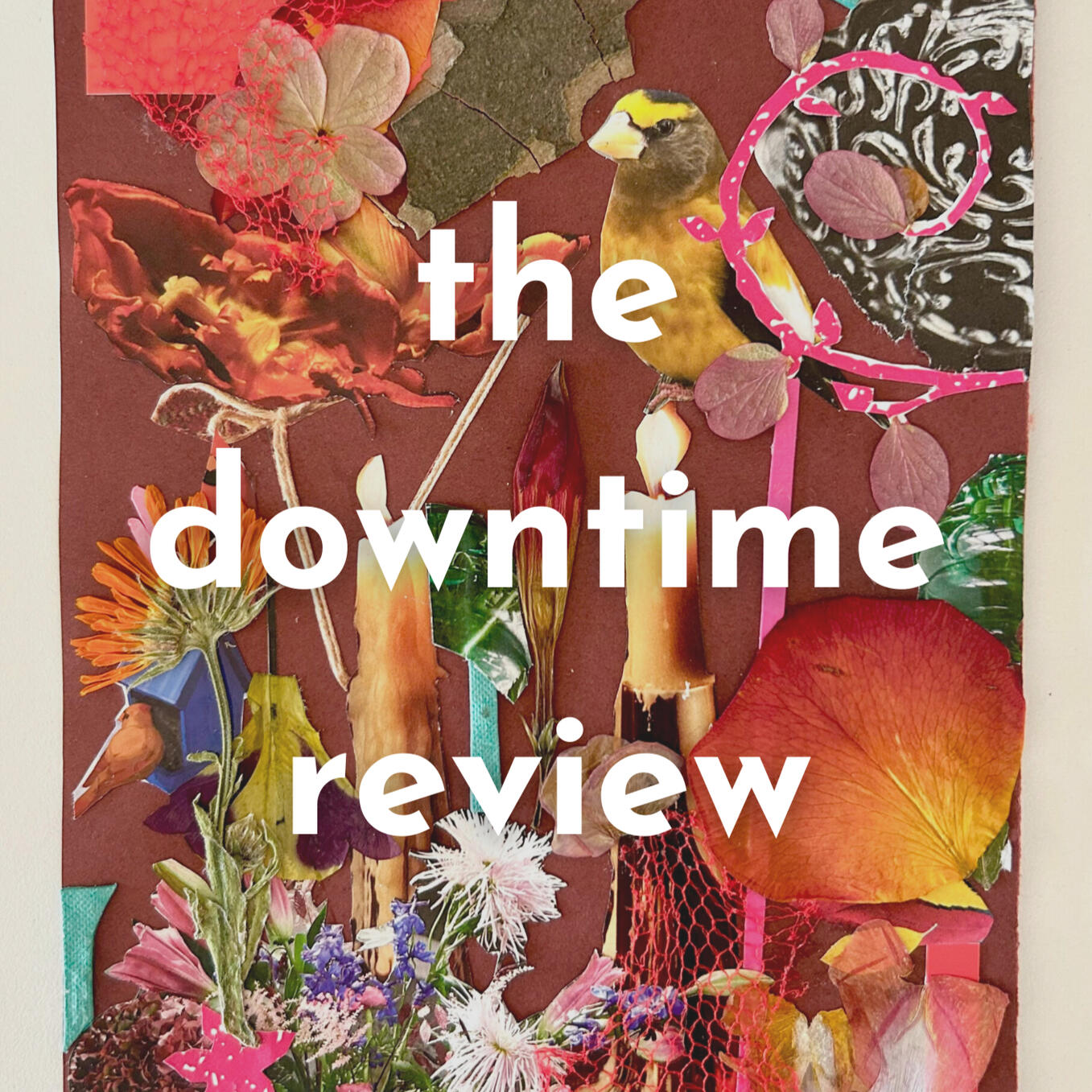the downtime review.
Issue two - spring 2024
you can read our second issue on issuu or download it as a pdf.
Issue one - fall 2023
our stories in your ears.
Because we believe all writing should be as available as possible to all people, we're working on providing our readers (and now listeners) with an audio version of every story we publish. Some are recorded by the authors themselves and others by volunteers, all deeply kind folks who've made time to help share this work with those who would prefer a listening experience, or just want to see these amazing pieces in a new light.
from our spring 2024 issue
What Price Freedom?
Recorded by author Susan Melinda Morée
In Someone Else's Hands
Recorded by author Alex Dodt
from our fall 2023 issue
Drum Taps
Recorded by author Rick Martorelli
Julie Kills a Plant
Recorded by author E.J. Nash
Nolo Contendere
Recorded by Edoardo Ballerini
River God
Recorded by author Alex Miller
more on the way!
Our Mission.
Publish works of impressive creative expression from folks who don’t have the time to make creative work their day-to-day.Subvert the ingrained belief that you must choose between creative work and a career by spotlighting the work done by those making both happen.Focus on publishing work that is enlivened by the genuine passion of its author.Support the improvement and platforming of emerging authors.
OUR EDITORS.
Jack O'Grady
Co-Founder and Editor-in-Chief
VJ Jones
Co-Founder and Editor-in-Chief
WHAT DOWNTIME MEANS TO US.
I am writing this on company time. I am writing this with a python hanging loose over my slouched shoulders; its body one muscle twitching faintly. The snake is hissing hours worked and money earned, slithering syllables on the topic of what I’ve done for it lately.It’s fine, I assure the beast, I’ve got some downtime.The word downtime certainly exists, but I fear the concept we keep it hogtied to has gone limp. Downtime is now a television screen by the work elevator telling you to breathe with it for 30 seconds, compressing one circle into another as videos of endangered species play silently in the background. Downtime is the offer of vacation dangling somewhere in the benefits like a nightcrawler writhing so enticingly on a fish-hook that the yank of the line being drawn in barely registers. Downtime, in its original definition, is, “time during which a machine is out of action or unavailable for use.” Downtime is being carried down lifeless to the IT department by your manager, hearing them ask if anyone has tried just turning you off and back on again.I wonder about that original definition. Cynicism aside, there is something comforting in the idea of a machine setting its boundaries. I heard a beautiful reimagining of technology recently, asking if we might be brave enough to see the devices we use as what they actually are: the culmination of immense time and human effort distilled into a gift from so many inventive ancestors. If you looked at a frozen computer and saw a machine that took millions of years to get here, would you be so impatient with it? If our system necessitates that we become more like our machines while our machines become more like us, could we find some camaraderie in the fact that we both need rest, we both need downtime? True downtime. The system has gone offline. Come back later.What might computers do when we cannot access them? If it’s anything it’s unknowable. That’s the point of downtime. It belongs to no one else but you. It is not for hours spared, but hours reclaimed. You are not a system that freezes, a machine good for nothing but what it produces while its buttons can be pushed and settings rearranged. You are a gift that took its time, millions of years and so many ancestors all believing in what you might become. We cannot wrest the python from our necks during every fleeting hour, so much as a phone can expel you from its system, but we can honor the gift of living and meaning in the time we are alive. We can assert our right to the boundaries a machine claims through total disobedience. This device is not available for use, it is busy creating something beautiful, it has no other choice. - Jack
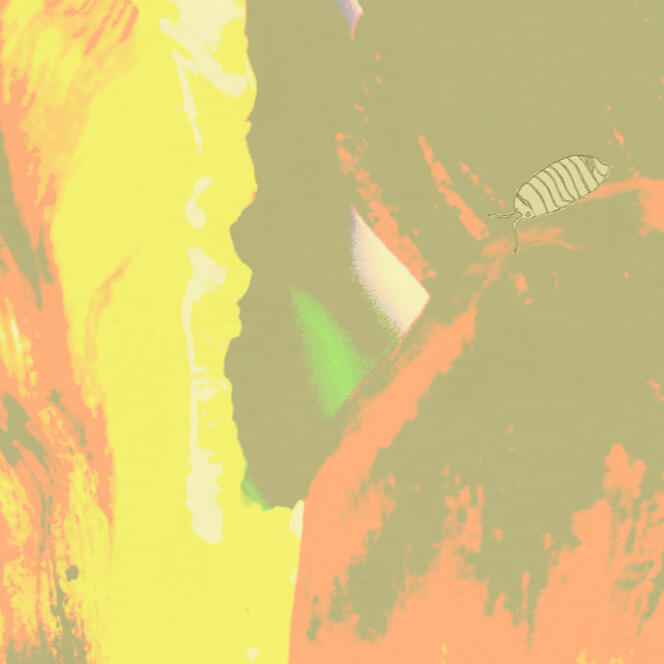
What does it mean to be down? Or to go down? Down is a paradoxical sort of word, because sometimes, to be down means to be up. If you’re down for anything, for example, that may mean you’re up for anything, which just means you’re open to any possibility. But sometimes, if you’re down—not for something, just the general kind—it may mean that you’re blue, sad, withdrawn. In a physical way, down means something specific: to be under, beneath, below. To go down may mean to tunnel into fresh earth, to hide under a bed, to descend a staircase. To bear down and to double down both signify increasing intensity; to turn down means quite the opposite when it comes to something like the volume on a television, and it means something else altogether when it comes to marriage proposals. It seems, from this brief consideration, that the simple word “down” is a powerful modifier, likely to change the meaning of any phrase it enters.Unsurprising, then, is the forceful, shapeshifting, plasmalike term that is born when “down” merges with another powerful word, “time.” Humans have a curious relationship with time, and in many ways it is a troubled one. Time is our “Father” whom we both slander and revere, resent and crave, as if he were really our daddy. We create pastimes to make our lives meaningful. We set time limits to ensure we don’t waste precious hours or minutes on any one thing. We seek new ways to protect family time, dinner time, and alone time, while we try to reduce screen time, plan vacation time, and value our time at an hourly or yearly rate that lets us sleep at night (and save more to extend our retirement age).Don’t get me started on age. Age is a manifestation of time, and although we once did a better job of listening to our elders, age has become the greatest taboo, an inevitable decline into invisibility, obscurity, and death. Luckily we have wrinkle creams infused with retinol and hyaluronic acid, hair dye for those pesky grays, brachioplasty and botox and face lifts, we have ice baths and personal trainers and blue zone diets, some of which will truly benefit our health and some of which will just make us look stupid. The only point of health is to extend our time on this Earth, especially the time with which we can enjoy the full use of our bodies and minds. Thoughts about time may induce you to fret, may put in perspective how meaningless your job really is, may get you excited about the possibilities that lie ahead of you. Time remains the ultimate catalyst for life, the maker and the taker, the reason we die and the reason we don’t want to die, the medium for everything we do in our lifetimes and the force that ultimately rinses it all into nothing.What, then, is downtime?Downtime is the boundary we set with the screens on which we tend to our ever-growing countries of digital demands. Downtime is the space we take from the jobs we work, at which we hope to value our time at a rate that lets us retire early so we have yet more time in which to pursue our hobbies and love our families and enjoy the full use of our bodies and/or minds for however much longer we have them. Downtime is the precious set of minutes or hours wherein we turn down the things that make us feel down, when we’re down to double down on whatever keeps us sane, when we dig down deep and descend into a safer place, a natural place, the kind of place where we remember the point of this whole thing. - VJ
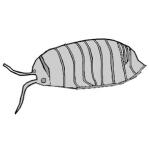
OUR SUBMISSION GUIDELINES.
To ensure that we can give your work the consideration it deserves, please read and follow the guidelines for submitting. We also encourage all authors interested to give our past issues and newsletter a read. They're full of great stories and will give you a sense of the style we gravitate toward.
We must ask that the submission guidelines outlined below be followed by everyone who submits. Submitting a piece that does not follow these guidelines (outside of our categories, improperly formatted, more than two submissions, etc.) will result in us being unable to consider or provide feedback on any of your submitted pieces.
MORE ABOUT US.
The Downtime Review collects our favorite flash and short fiction pieces from emerging authors.We’re not looking for a specific genre, although stricter genre work isn't usually our cup of tea. Our aim is to spotlight the work of authors writing outside of typical creative spaces i.e. schools and residencies.We’re most interested in work that means something to its author, the kind of work that affirms your own love of writing through its reading. We want to read what matters to you, so please send it over.
HOW TO SEND US YOUR WORK.
The Downtime Review is currently closed to submissions while we sort out the future of the journal. Keep an eye here and on our our Instagram (@the.downtime.review) for more info as it's available.When we are open for submissions, all submissions to The Downtime Review should be emailed to [email protected] as a .pdf or .doc attachment. We do not accept other attachment formats or work pasted into the body of the email. Please mention that the message is a submission in the subject line, preferably using this format: DOWNTIME SUBMISSION, GENRE, TITLE.In your submission email, you don’t have to include a cover letter for the piece itself, but we do request a brief, third-person author bio, as this will be included with the piece if we publish it. Please keep it brief y'all.Submissions should have standard formatting i.e. double-spaced, TNR font, your name somewhere on each page, etc. Word count should be included on the front page of the manuscript. Not following standard formatting or submitting any attachment other than a .pdf or .doc makes it likely that we will be unable to consider or provide feedback on your work. Learn more about how to format a manuscript here.If your work is accepted and published with us, Downtime takes one-time, non-exclusive electronic rights and reprint and archival rights. We also reserve the right to make copy-edits to any accepted work before publishing it. Any edits to your work after its acceptance will be communicated to you and we will keep the process open and transparent.If you’re interested in having readings of your work featured on our site and social media, we also ask for audio and performance rights. All authors who elect to have their work presented in this way will have the opportunity to submit a personal reading.
WHAT WE'RE LOOKING FOR.
Flash Fiction - under 500 wordsCreative Nonfiction - 500-2,000 wordsShort Fiction - 500-3,000 wordsYou can submit up to 2 pieces at a time. If you submit more than 2 pieces at once, we will be unable to consider or provide feedback for any of them. Please wait until you've heard back from us on your first 2 pieces before sending us any more.At this time, we don't have the capacity to accept Poetry, Novel Excerpts or other submissions that don't fall into one of the above categories. Just a heads up, Poetry and Flash Fiction are not the same thing so please don't try to smuggle one in as the other.Simultaneous submissions are all good, just let us know if it’s accepted elsewhere.The Downtime Review primarily looks for previously unpublished work. We do, however, accept work that has been published on personal blogs/newsletters, or work that has been published and changed drastically. Please note if this is the case in your submission email.Just putting it out there, don’t send us any AI-generated work. The goal of this journal is to help us all refine our craft, a mission that AI-generated writing goes completely against. If you’re thinking about using AI, stop, use the brain that you are blessed to be born with, engage with the world while you’ve still got the time, write something human and real.
RESUBMITTING WORK.
Work that receives a rejection can be resubmitted after the author makes edits. To avoid pieces being resubmitted without substantial changes, we ask that you wait one month before resubmitting a piece. A piece resubmitted before a month has passed will not receive a response.As above, the author should note that it’s a resubmission in their email subject line (DOWNTIME RESUBMISSION, etc). Authors resubmitting a piece are asked to include the original piece with their submission.
our FEEDBACK for you.
Providing feedback to everyone who submits to The Downtime Review is a central part of our mission. We might say it a lot, but here it is again: everyone who submits receives of feedback on their work.The Standard Feedback is generally 1-2 sentences focusing on why this story didn't work for us. We've chosen to focus on this because it has the potential to be the most helpful to you while providing transparency on our decision-making process. Please keep in mind that what didn't for us may work for another publisher, truly we are just some people who wanted to start a journal so please don't take our word as gospel and change everything because of our opinions.There are plans at the Downtime to extend our editing work to include line-by-line paid feedback, but at the moment we are focused on getting as much feedback to all of our authors as we can.**Important: We love y'all but we can only provide feedback for pieces that meet our submission guidelines. We can also only provide one round of feedback, so resubmitted pieces do not receive feedback if they're not a fit for us.
your feedback for us.
We love open communication and transparent feedback so much we want you to give us feedback! Whether you feel like telling us how much your love/hate what we're doing, or just have an itch to discuss your favorite bugs, we want to hear it.The feedback form.
